Product Consultation
Your email address will not be published. Required fields are marked *

Does nylon multifilament yarn have good tensile properties for use in high-intensity environments?
Mar 25,2025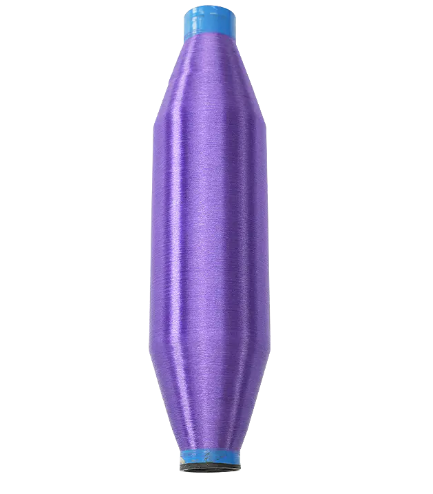
Does nylon multifilament yarn adopt environmentally friendly technology to reduce the impact on the environment?
Mar 18,2025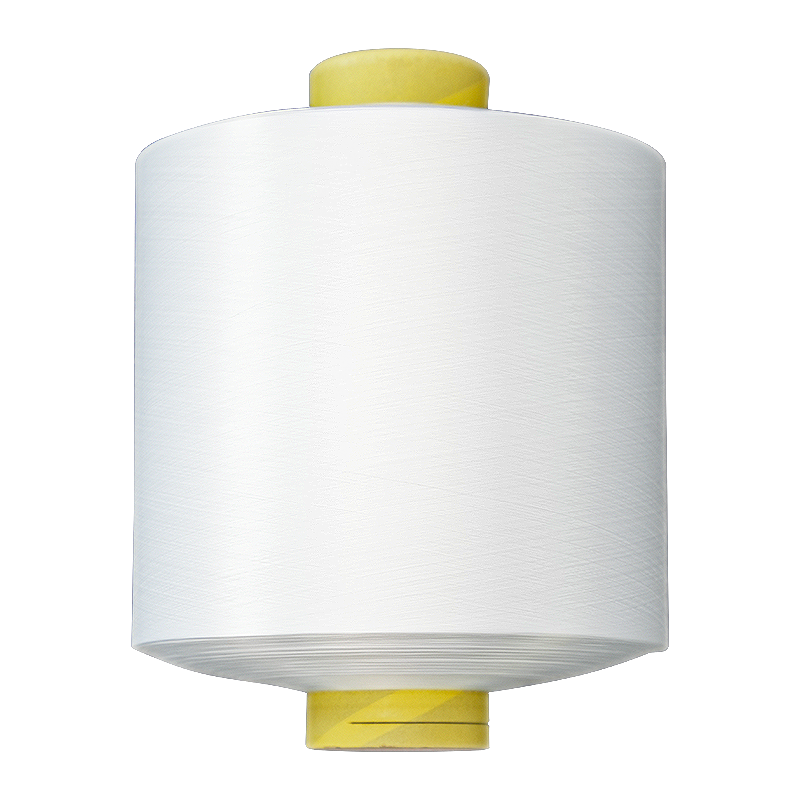
Will the performance of nylon elastic yarn deteriorate during long-term use?
Mar 11,20251.Material Selection
The quality of nylon monofilament yarn begins with the selection of raw materials. Nylon 6 and nylon 66 are the most commonly used nylon resins, known for their excellent mechanical properties, chemical resistance, and durability. Choosing high-quality nylon resins is crucial as it directly impacts the strength, elasticity, and durability of the final yarn. High-quality nylon resins ensure that the yarn is less prone to breakage or deformation during use, thereby enhancing product reliability and longevity.
2.Melt Extrusion
Nylon monofilament yarn is typically manufactured through melt extrusion. In this process, nylon resins are melted at high temperatures and then extruded through specific-shaped spinnerets to form monofilament fibers. Melt extrusion significantly affects the uniformity and stability of the yarn. Precise control over extrusion temperature, extrusion speed, and spinneret design is essential to ensure uniform filament diameter and to avoid bubbles or impurities within the fiber. Proper extrusion processes guarantee that the yarn meets the required mechanical properties, ensuring consistency in product quality.
3.Drawing and Annealing
After extrusion, nylon monofilament yarn undergoes drawing and annealing processes to enhance its strength and durability. Drawing involves cooling and stretching the yarn under controlled tension, reorienting its molecular structure to improve mechanical properties. The temperature and drawing ratio during this process significantly influence the final yarn performance. Proper drawing enhances the yarn's tensile strength, elastic modulus, and fatigue resistance while ensuring dimensional stability and uniformity.
4.Heat Setting
Heat setting is a critical process step for nylon monofilament yarn after drawing. This process involves controlling temperature and time to eliminate residual stresses within the yarn, stabilizing its structure and properties. Proper heat setting improves the yarn's thermal stability, fatigue resistance, and prolongs its service life. Precise control over heat setting parameters effectively enhances the yarn's strength, abrasion resistance, and resistance to aging, making it suitable for a wider range of applications.
5.Surface Treatment
Surface treatment plays a crucial role in determining the final performance and applications of nylon monofilament yarn. Coating and lubrication treatments are common surface treatment methods used to enhance specific yarn properties. For instance, adding coatings can improve yarn abrasion resistance, UV resistance, and reduce friction coefficients, thereby extending product lifespan. Lubrication treatments reduce frictional losses during processing, enhancing yarn processability and workability.
6.Quality Control
Quality control is a pivotal aspect of the manufacturing process for nylon monofilament yarn. Through rigorous testing of key parameters such as yarn diameter, tensile strength, elastic modulus, surface finish, and color, potential issues in production can be promptly identified and corrected. Advanced testing equipment and systems improve the accuracy and efficiency of inspections, ensuring consistent product quality that meets various customer requirements.
7.Environmental Factors
Environmental control during manufacturing is equally critical for ensuring the quality and performance of nylon monofilament yarn. Production facilities must maintain appropriate temperature, humidity, and cleanliness levels to prevent adverse effects on yarn quality from external environments. For example, excessive humidity can lead to yarn moisture absorption, affecting its mechanical properties and dimensional stability. Therefore, maintaining optimal production environment conditions is essential to ensure efficient yarn manufacturing and stable product quality.
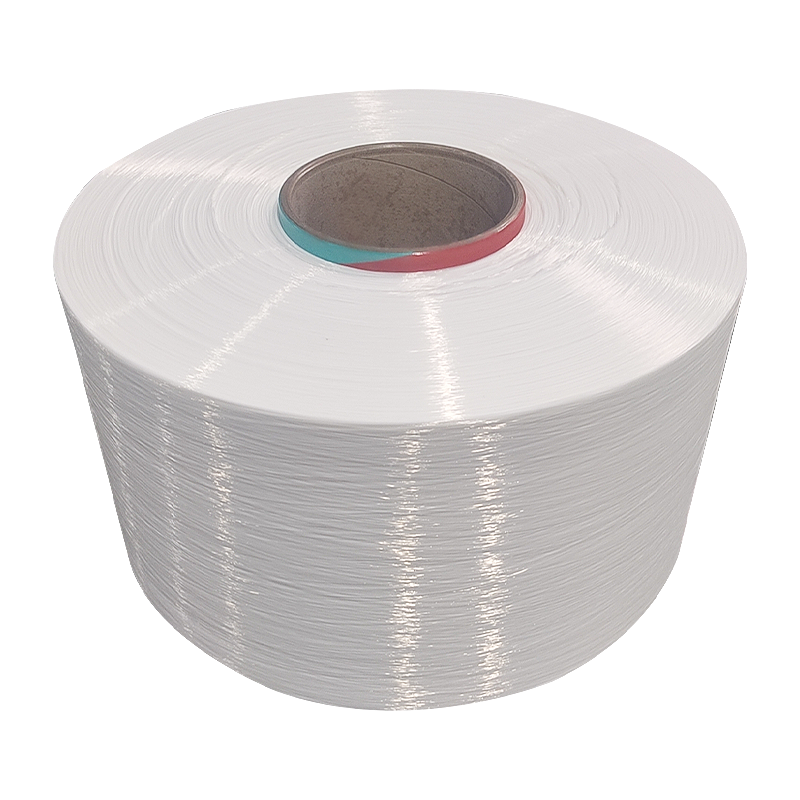
Why does 200D/10F Colored Nylon Mother Yarn have high tensile properties?
2024-06-19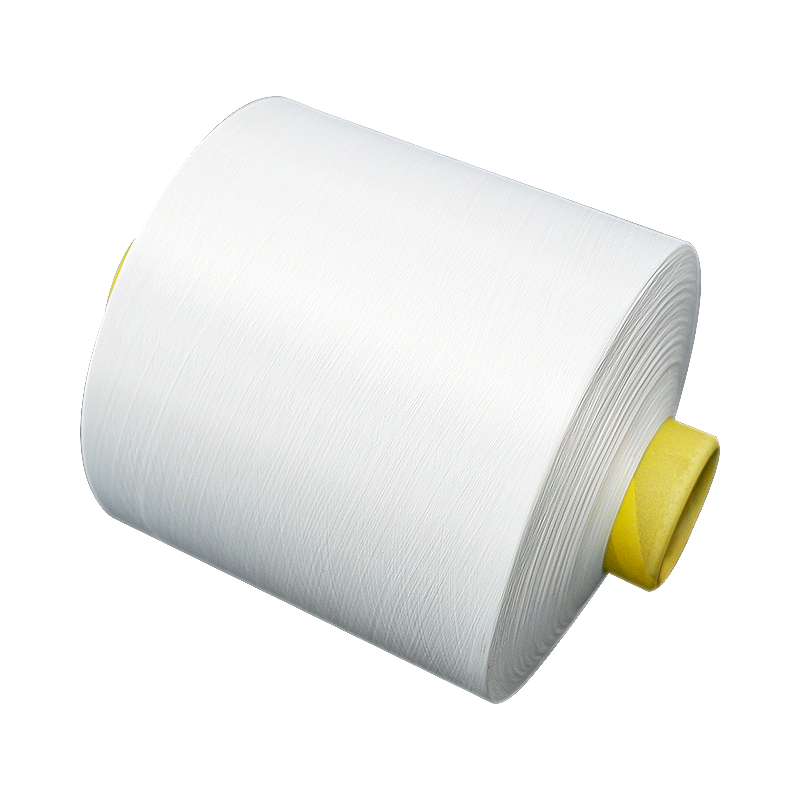
What are the key properties of nylon elastic yarns?
2024-06-19Your email address will not be published. Required fields are marked *
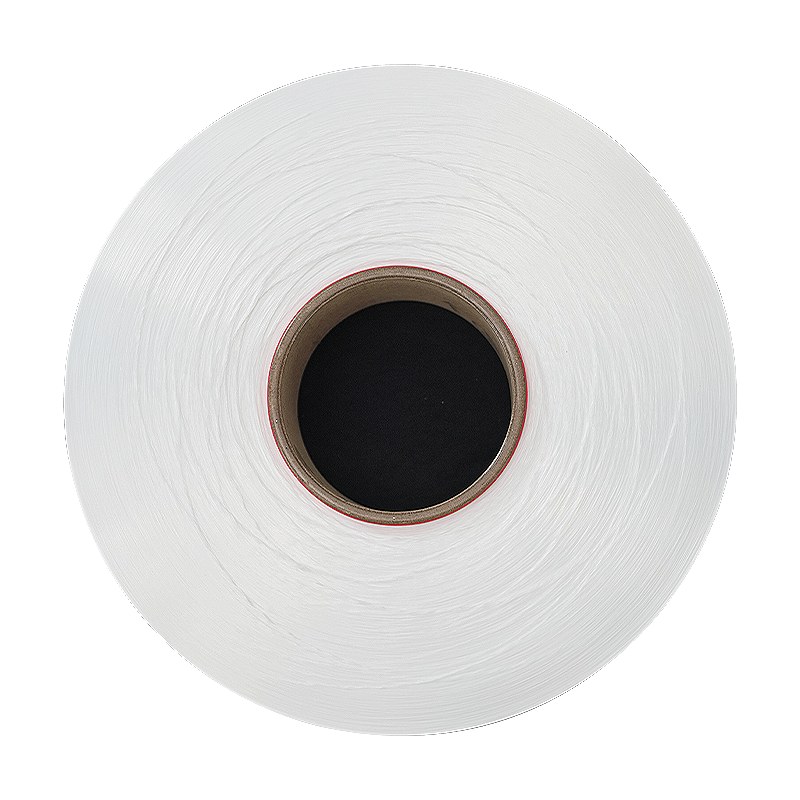
Fully stretched polyester blended yarn is made of a blend of polyester and nylon. Polyester itself has good wear resistance. After full stretch processing, the strength and softness of the yarn increa...
See Details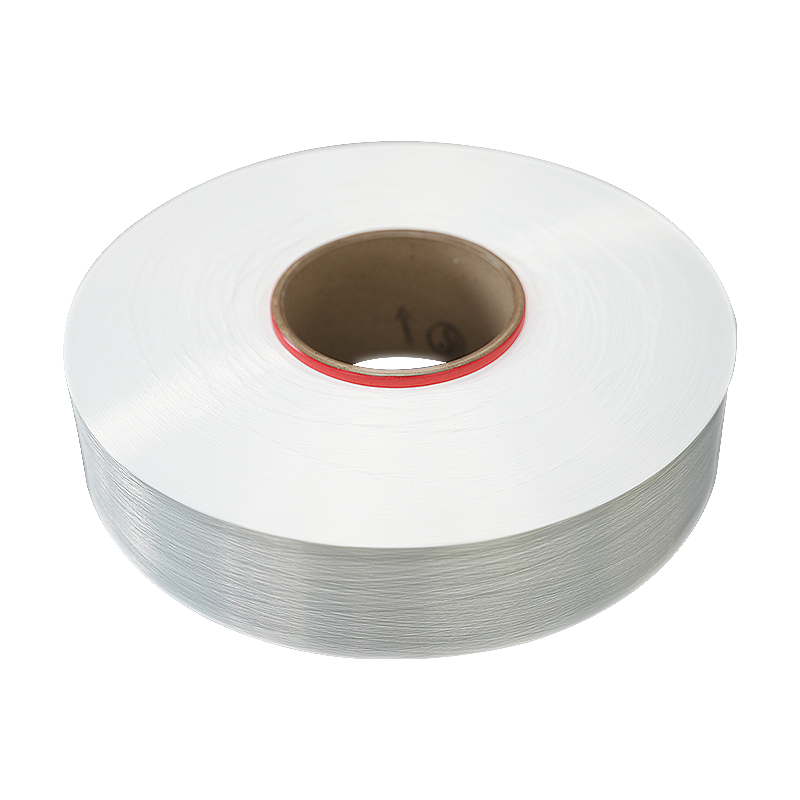
Low-melt textile FDY yarn can bond with other fibers at a certain temperature to form a strong fabric structure. This property makes it ideal for manufacturing synthetic or reinforced fabrics. This ki...
See Details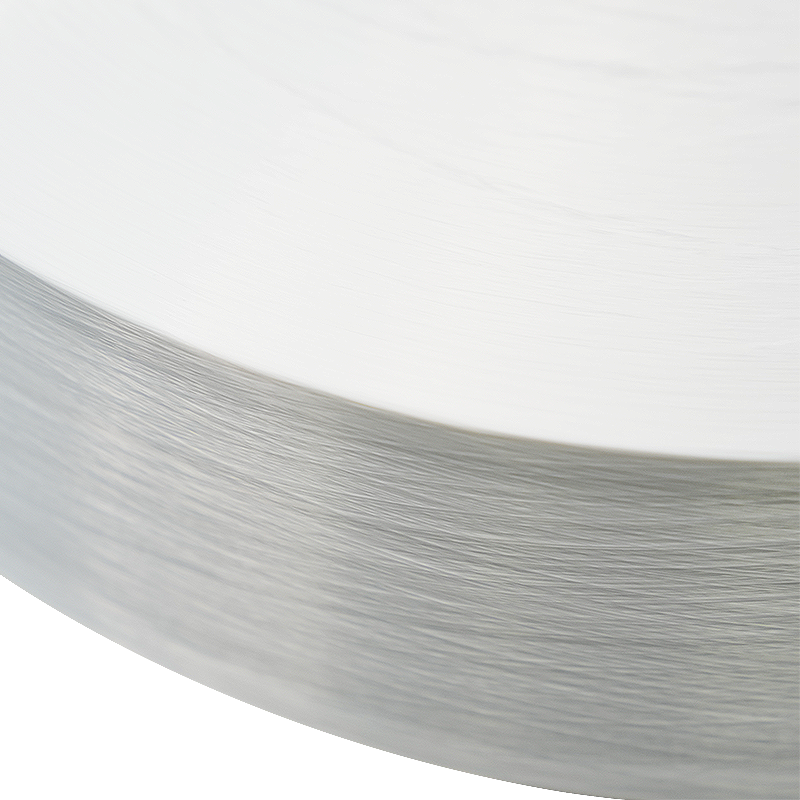
Cooling brushed durable FDY yarn has high durability and is suitable for manufacturing textiles that require wear resistance and durability. It is not easy to wear out after long-term use. Textiles of...
See Details
High shrinkage blended polyester yarn has a high shrinkage rate and is suitable for textile manufacturing that requires shrinkage treatment, such as making pleated fabrics or textile shaping. Because ...
See Details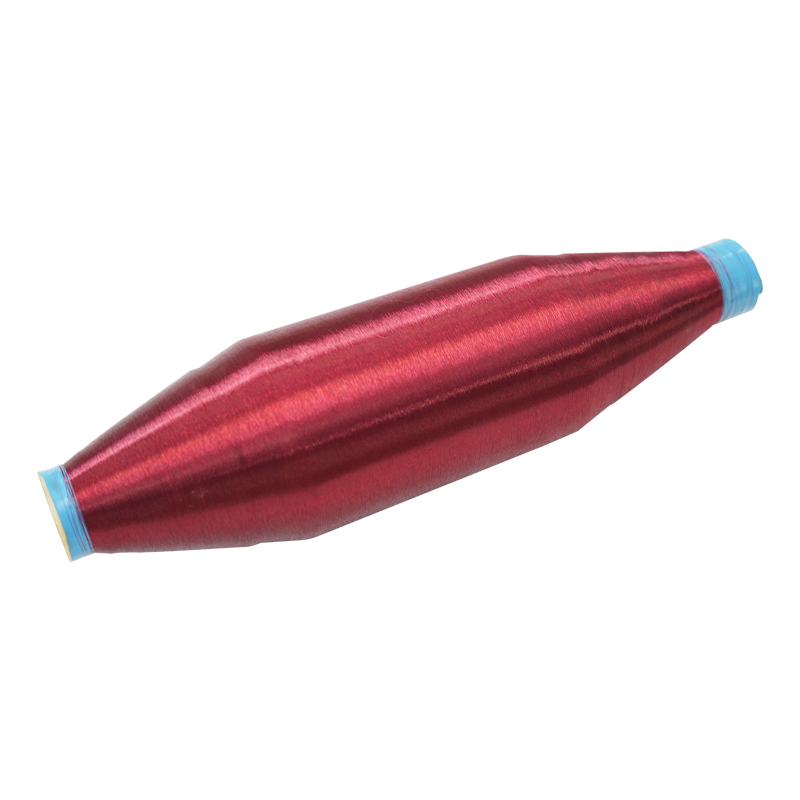
Antiviral nylon Monofilament Yarn can inhibit the survival of viruses on the surface of the yarn, which can effectively reduce the risk of virus transmission and improve user safety. The yarn has a mo...
See Details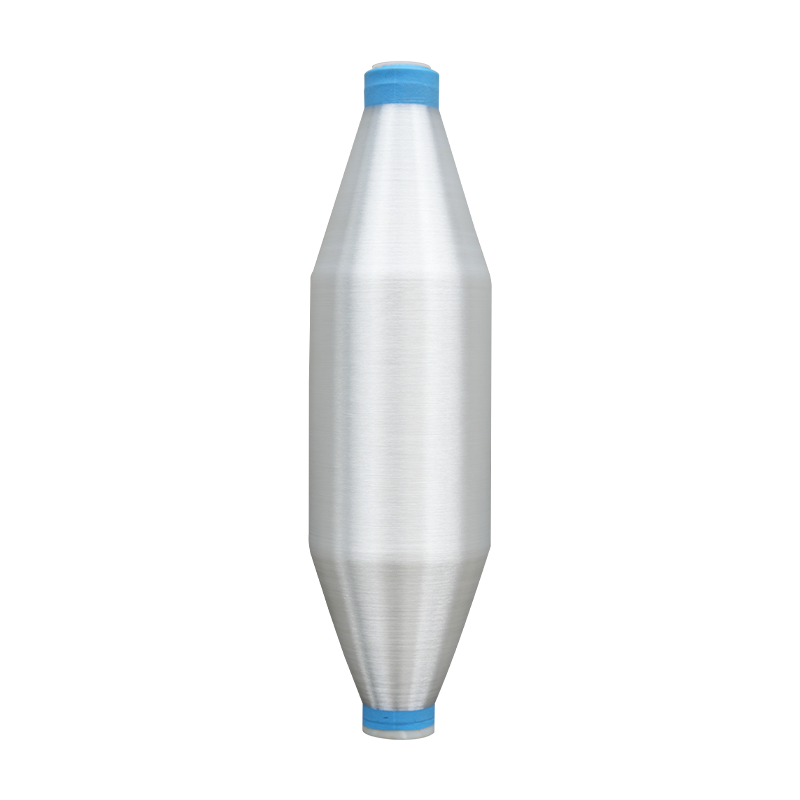
60D woven Antiviral Yarn is thin overall and suitable for making light and soft textiles. Nylon fiber has a soft feel and good breathability. This yarn is usually used to weave fabrics and can be made...
See Details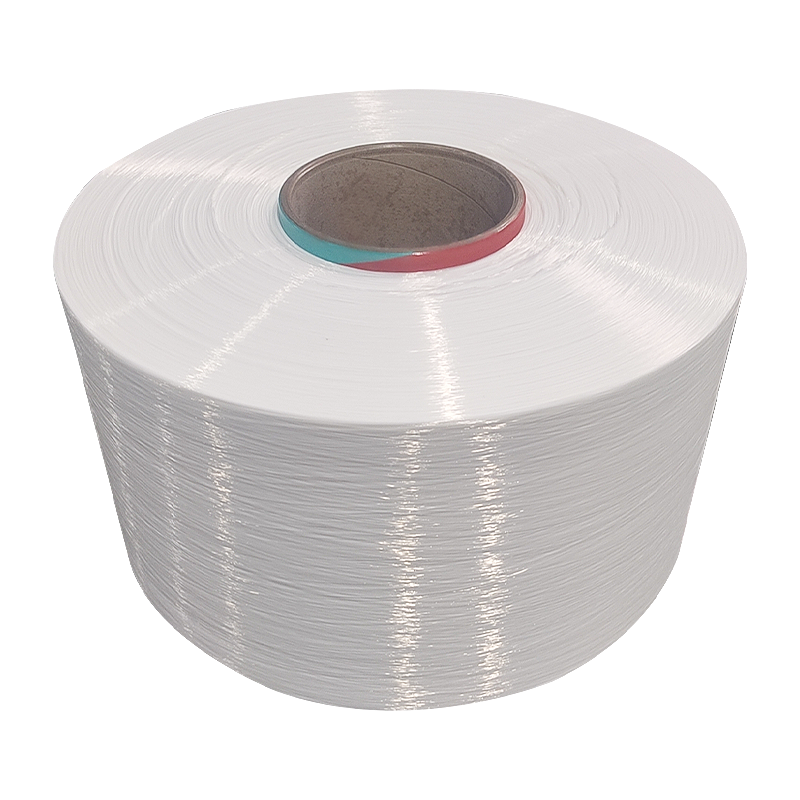
Colored Nylon Mother Yarn can be processed through spinning, drawing, dyeing and other processes to meet the needs of different textiles. It has good processing adaptability and can be made into vario...
See Details
The diameter of Durable woven nylon mother yarn is 240D, the fiber thickness is medium, and it is suitable for the manufacture of a variety of textiles. This product has good tensile strength and will...
See Details
300D Nylon Mother Yarn is made of nylon material, a synthetic fiber with abrasion resistance, strength and durability. It is therefore suitable for manufacturing various types of textiles, such as clo...
See Details
100D Nylon Elastic Yarn has a moderate thickness and good dyeing properties, which can achieve uniform and durable dyeing effects, making textiles bright and long-lasting in color. A yarn frequently u...
See Details
Polyester blended FDY yarn is a standard 50D yarn made from a blend of polyester and nylon. It combines the characteristics of both fibers and has durability and breathability. It has a wide range of ...
See Details
Nylon composite yarn has high strength and toughness. Textiles made with Nylon composite yarn have good stretch resistance and tear resistance. This yarn has a wide range of applications and can be us...
See Details
Fully stretched polyester blended yarn is made of a blend of polyester and nylon. Polyester itself has good wear resistance. After full stretch processing, the strength and softness of the yarn increa...
See Details
Low-melt textile FDY yarn can bond with other fibers at a certain temperature to form a strong fabric structure. This property makes it ideal for manufacturing synthetic or reinforced fabrics. This ki...
See Details
Cooling brushed durable FDY yarn has high durability and is suitable for manufacturing textiles that require wear resistance and durability. It is not easy to wear out after long-term use. Textiles of...
See Details
High shrinkage blended polyester yarn has a high shrinkage rate and is suitable for textile manufacturing that requires shrinkage treatment, such as making pleated fabrics or textile shaping. Because ...
See Details
Antiviral nylon Monofilament Yarn can inhibit the survival of viruses on the surface of the yarn, which can effectively reduce the risk of virus transmission and improve user safety. The yarn has a mo...
See Details
60D woven Antiviral Yarn is thin overall and suitable for making light and soft textiles. Nylon fiber has a soft feel and good breathability. This yarn is usually used to weave fabrics and can be made...
See Details
Colored Nylon Mother Yarn can be processed through spinning, drawing, dyeing and other processes to meet the needs of different textiles. It has good processing adaptability and can be made into vario...
See Details
The diameter of Durable woven nylon mother yarn is 240D, the fiber thickness is medium, and it is suitable for the manufacture of a variety of textiles. This product has good tensile strength and will...
See Details
300D Nylon Mother Yarn is made of nylon material, a synthetic fiber with abrasion resistance, strength and durability. It is therefore suitable for manufacturing various types of textiles, such as clo...
See Details
100D Nylon Elastic Yarn has a moderate thickness and good dyeing properties, which can achieve uniform and durable dyeing effects, making textiles bright and long-lasting in color. A yarn frequently u...
See Details
Polyester blended FDY yarn is a standard 50D yarn made from a blend of polyester and nylon. It combines the characteristics of both fibers and has durability and breathability. It has a wide range of ...
See Details
Nylon composite yarn has high strength and toughness. Textiles made with Nylon composite yarn have good stretch resistance and tear resistance. This yarn has a wide range of applications and can be us...
See Details
Fully stretched polyester blended yarn is made of a blend of polyester and nylon. Polyester itself has good wear resistance. After full stretch processing, the strength and softness of the yarn increa...
See Details
Low-melt textile FDY yarn can bond with other fibers at a certain temperature to form a strong fabric structure. This property makes it ideal for manufacturing synthetic or reinforced fabrics. This ki...
See Details
Cooling brushed durable FDY yarn has high durability and is suitable for manufacturing textiles that require wear resistance and durability. It is not easy to wear out after long-term use. Textiles of...
See Details
High shrinkage blended polyester yarn has a high shrinkage rate and is suitable for textile manufacturing that requires shrinkage treatment, such as making pleated fabrics or textile shaping. Because ...
See DetailsAddress: Duntou industrial park, haian county, nantong city,jiangsu province ,China.
TEL: +86 15850491859
E-mail: sales-betty@hsnylon.com
If You Are Interested In Our Products, Please Consult Us